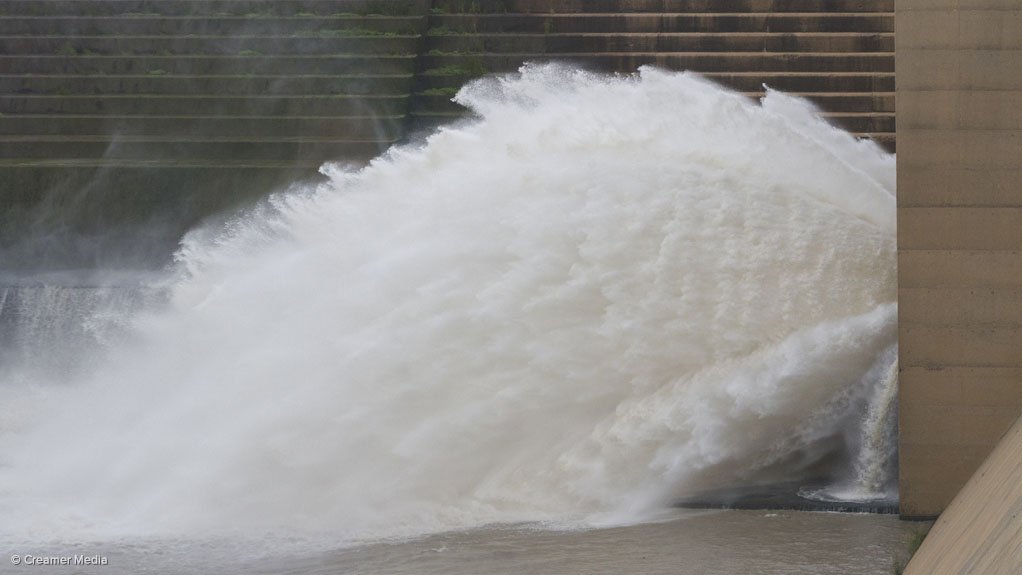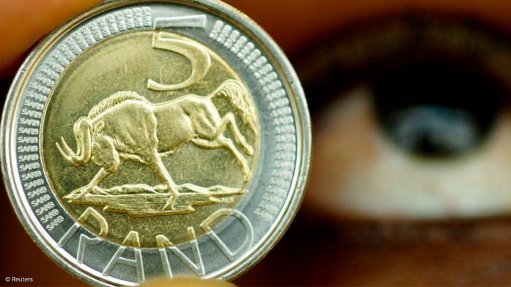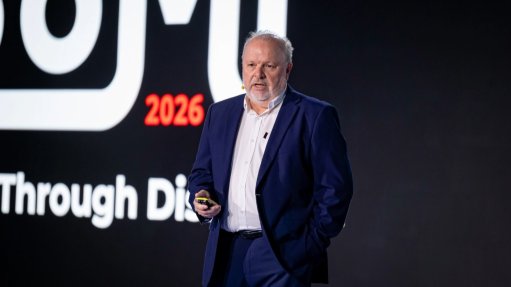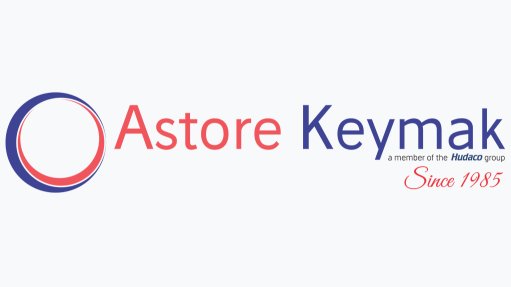Department of Water and Sanitation owed more than R25bn
Municipalities, companies and water boards collectively owe the Department of Water and Sanitation’s (DWS’s) Water Trading Entity more than R25-billion for water use.
This emerged during a sector-specific consultation on the raw water use charges for the 2025/26 financial year in Pretoria on Thursday.
During June, the debt had increased to R25.63-billion, with the water custodian recovering 4% or R1.12-billion.
In April, with outstanding debt of R24.94-billion, the DWS managed to collect R1.09-billion, equating to a recovery rate of 4%, while in May, with debt increasing to R25.10-billion, the department collected R1.14-billion, recovery of 5%.
This translated into recovery of just R3.37-billion, or 13%, over the three months to June.
The debt is split by companies at 24%, municipalities at 37%, of which 24% are local municipalities, and water boards at 27%, collectively accounting for 87% of the debt.
In monetary terms, the DWS noted that municipalities owed the WTE R8.8-billion, water boards owed R6.9-billion and companies owed R4.5-billion, as at June 30, 2024.
The impact is significant, with inadequate investment in infrastructure having an adverse impact on meeting the current and future increased demand for water services and inadequate funds allocated to operations and maintenance, with high risk of unreliable services negatively impacting on water quality, quantity, health and hygiene and the environment.
The debt also results in an inability to maintain positive cash flows from operations, impacting on growth and sustainability in the long term.
Meanwhile, the DWS is undertaking consultations on its proposed new raw water abstraction tariff/charges for the new financial year of 2025/26 for domestic and industry water users, and the irrigation and forestry sectors.
On June 21, 2024, the department published the ‘Revised pricing strategy for raw water use charges for 2024/25’, with an effective date of implementation of April 2026.
The regional consultation meetings took place from June 28 to July 31, with the sector-specific consultation on August 15 enabling the different sectors to make their presentations on the proposed raw water use charges.
The five sector organisations nominated to make presentations during the consultation included Business Unity South Africa, the South African Local Government Association, African Farmers Association of South Africa, AgriSA and the South African Association for Water User Associations.
A national consultation will take place at the end of August, following which the proposals will be presented to the Water and Sanitation Minister for approval.
Proposed raw water charges include a water resource management charge, under which the proposed increases for the domestic and industrial sectors range from 0% to 5.91%. The proposed charges for the irrigation sector will be capped by April’s Producer Price Index (PPI) of 5.1% for charges that exceed 1.5c/m3 from the previous financial year; while the forestry sector’s proposed increases will be limited to a maximum of R10/ha plus PPI.
The waste discharge charge system, or WDCS, charges applicable to the domestic and industry sector range from a decrease of 4.78% to an increase of 29.25%.
Under water resource infrastructure charges, for domestic and industrial, the tariff increase is proposed from 0% to 15.1%, while irrigation tariff increases of between 0% and 50% are proposed.
The Water Research Commission is requesting a 4.48% increase in the water research levy. In the 2024/25, the research levy did not increase, while in 2023/24 and 2022/23, the levy increased 5%.
Article Enquiry
Email Article
Save Article
Feedback
To advertise email advertising@creamermedia.co.za or click here
Announcements
What's On
Subscribe to improve your user experience...
Option 1 (equivalent of R125 a month):
Receive a weekly copy of Creamer Media's Engineering News & Mining Weekly magazine
(print copy for those in South Africa and e-magazine for those outside of South Africa)
Receive daily email newsletters
Access to full search results
Access archive of magazine back copies
Access to Projects in Progress
Access to ONE Research Report of your choice in PDF format
Option 2 (equivalent of R375 a month):
All benefits from Option 1
PLUS
Access to Creamer Media's Research Channel Africa for ALL Research Reports, in PDF format, on various industrial and mining sectors
including Electricity; Water; Energy Transition; Hydrogen; Roads, Rail and Ports; Coal; Gold; Platinum; Battery Metals; etc.
Already a subscriber?
Forgotten your password?
Receive weekly copy of Creamer Media's Engineering News & Mining Weekly magazine (print copy for those in South Africa and e-magazine for those outside of South Africa)
➕
Recieve daily email newsletters
➕
Access to full search results
➕
Access archive of magazine back copies
➕
Access to Projects in Progress
➕
Access to ONE Research Report of your choice in PDF format
RESEARCH CHANNEL AFRICA
R4500 (equivalent of R375 a month)
SUBSCRIBEAll benefits from Option 1
➕
Access to Creamer Media's Research Channel Africa for ALL Research Reports on various industrial and mining sectors, in PDF format, including on:
Electricity
➕
Water
➕
Energy Transition
➕
Hydrogen
➕
Roads, Rail and Ports
➕
Coal
➕
Gold
➕
Platinum
➕
Battery Metals
➕
etc.
Receive all benefits from Option 1 or Option 2 delivered to numerous people at your company
➕
Multiple User names and Passwords for simultaneous log-ins
➕
Intranet integration access to all in your organisation





















